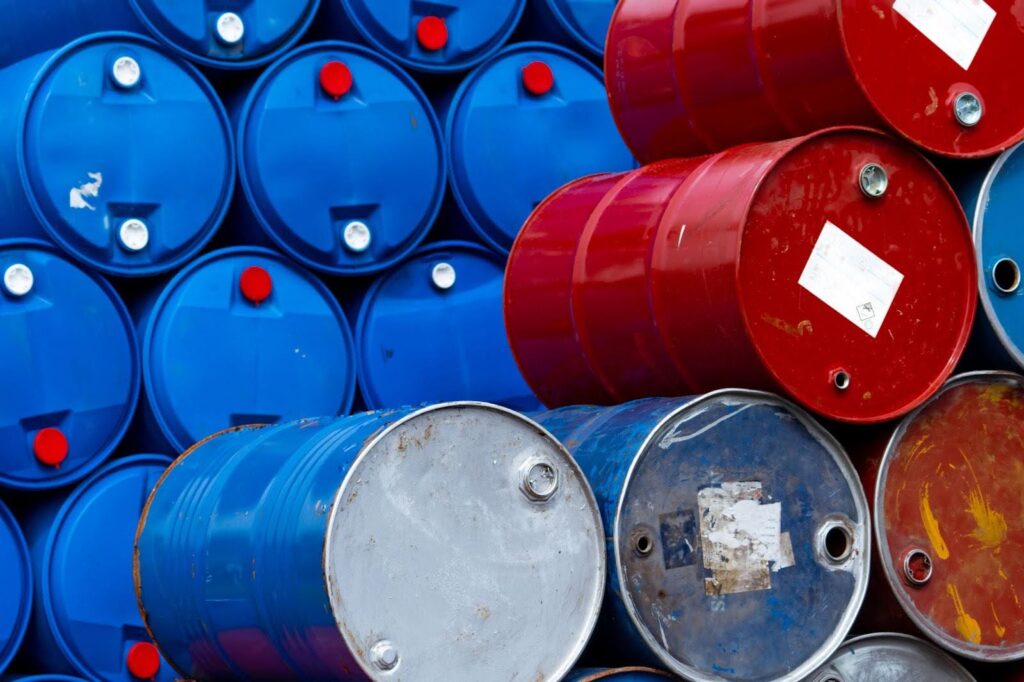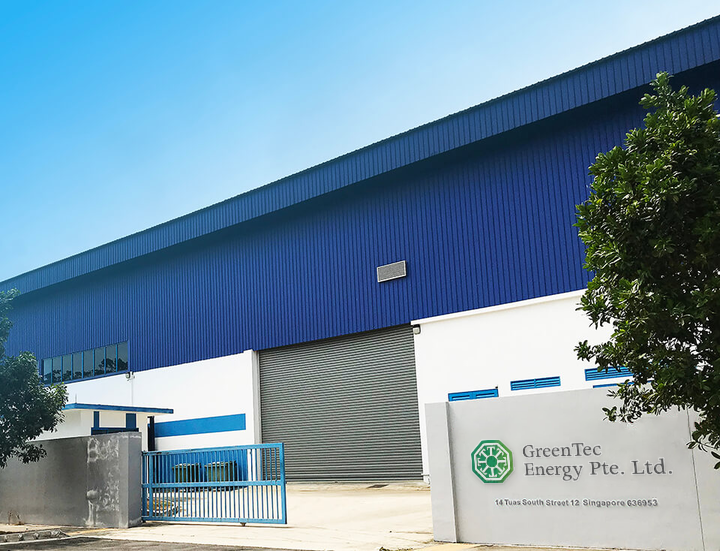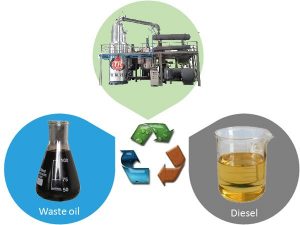Difference Between Waste Oil And Used Oil
December 8, 2023

The terms ‘waste oil’ and ‘used oil’ are often used interchangeably, but did you know that the two have distinct differences between them?
The main difference between used oil and waste oil is the level of contamination. Any oil that has been processed from synthetic or crude oil and has been polluted during usage is referred to as used oil. This could include:
- Motor oil
- Hydraulic oil
- Transmission fluid
- Compressor oil
- Cutting oil
- Coolant
Used oil can be contaminated with a variety of substances, including:
- Dirt
- Metal shavings
- Water
- Chemicals
On the other hand, waste oil is any petroleum-based or synthetic oil that, through contamination, has become unsuitable for its original purpose due to the presence of impurities or loss of original properties. This could include:
- Oil that has been mixed with a hazardous substance, such as cyanide
- Oil that has been spilled and collected with contaminated soil or water
- Oil that has been used in a process that produces hazardous waste
The biggest difference between waste oil and used oil is that waste oil is considered hazardous waste and must be disposed of properly. Used oil, on the other hand, can be recycled or reused.
To make it easier to understand, here is a table summarising the key differences between used oil and waste oil:
|
Characteristic |
Used oil |
Waste oil |
|
Definition |
Any oil that has been used and contaminated after being refined from synthetic or crude oil. |
Any oil whose original components or usage have exposed it to known risks. |
|
Examples |
Motor oil, hydraulic oil, transmission fluid, compressor oil, cutting oil, coolant |
Oil that has been mixed with a hazardous substance, oil that has been spilt and collected with contaminated soil or water, oil that has been used in a process that produces hazardous waste |
|
Regulation |
Considered a non-hazardous waste |
Considered a hazardous waste |
|
Disposal |
Can be recycled or reused |
Must be disposed of properly as a hazardous waste |
It is important to note that there is some overlap between used oil and waste oil. For example, used oil that has been contaminated with a hazardous substance, such as antifreeze, would be considered waste oil.
Importance of recycling used oil
Recycling used oil is important for a number of reasons, including:
1. Environmental protection
Used oil is a hazardous waste that can pollute soil and water if not disposed of properly. Up to one million gallons of water can become contaminated by just one gallon of used oil. Recycling used oil helps to prevent this pollution from happening.
2. Resource conservation
Used oil can be re-refined into new oil, which saves on the need to extract and refine crude oil. This conserves natural resources and reduces the environmental impact of the oil industry.
3. Energy conservation
It takes less energy to re-refine used oil than to produce new oil from crude oil. This is because the crude oil has already been extracted, transported, and refined once.
4. Economic benefits
The used oil recycling industry creates jobs and generates revenue. Recycling used oil also helps to reduce the cost of new oil, which benefits consumers and businesses alike.
In addition to these general benefits, there are also some specific benefits to recycling different types of used oil. For example, recycling used cooking oil can help prevent grease buildup in sewer lines and septic systems. Recycling used motor oil can help to extend the life of engines and reduce emissions.
How To Start Recycling Used Oil
Here are some tips on how you can recycle used oil:
- Store used oil in an airtight, sanitary container
- Label the container clearly as ‘used oil’
- Take used oil to a local collection centre or recycling facility (or call us for collection)
- Recycle used oil filters as well
Many auto parts stores, service stations, and other businesses offer used oil recycling programs. By recycling used oil, you can help to protect the environment, conserve resources, and save energy.
Importance Of Disposing Of Waste Oil Correctly
Proper disposal of waste oil is important to protect the environment and human health. Waste oil is a hazardous waste that can pollute soil, water, and air if not disposed of properly.
When waste oil is poured down the drain or onto the ground, it can seep into soil and groundwater. This can contaminate drinking water supplies and harm aquatic life. Waste oil can also evaporate into the air, where it can contribute to smog and other air pollution problems.
Waste oil contains a number of harmful chemicals, including heavy metals and polycyclic aromatic hydrocarbons (PAHs). Exposure to these chemicals can cause a variety of health problems, including cancer, reproductive problems, and neurological damage.
How to dispose of waste oil correctly
Here are some tips for storing and transporting waste oil:
- Store used oil in a hygienic, airtight container
- Label the container clearly as ‘waste oil’
- Make sure that kids and pets can't reach the container
- Transport waste oil carefully to avoid spills, or call us for collection
By disposing of waste oil correctly, you can help to protect the environment and human health.
Conclusion
If you are unsure whether a particular oil is used oil or waste oil, it is always best to err on the side of caution and treat it as waste oil. This will help to ensure that the oil is disposed of properly and does not pose a risk to the environment or human health.
If you are unsure of how to recycle or dispose of your used/waste oil, please don’t hesitate to contact us today. At GreenTec Energy, we aspire to educate businesses on the importance of recycling or disposing of their waste or used oil correctly. Like any responsible citizen, we want Singapore to be greener and safer for the generations to come.
 GreenTec Energy Pte Ltd (GTE) is a waste management company located in Tuas, Singapore.
GreenTec Energy Pte Ltd (GTE) is a waste management company located in Tuas, Singapore.
Our service includes Industrial waste, Oily waste, Marine waste.
To provide a hassle free solution to our customer is always the key approach and to ensure a win-win situation towards. As a NEA approved environmental company in Singapore, we take all our services seriously and to ensure maximum safety with compliances applied. Every step of our disposal processes are also designed to meet NEA & SCDF requirements, with latest treatment facilities and laboratories to test and treat all incoming waste before disposal.
GTE operates a total land area of about 100,000sqft at 14 Tuas South Street 12 Singapore 636953. With our comprehensive logistics and transportation fleet, we provide prompt and efficient services in transportation of waste to our premises.



